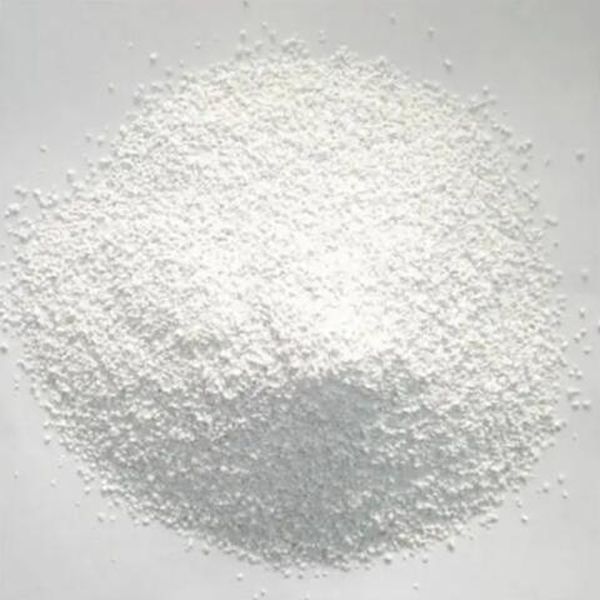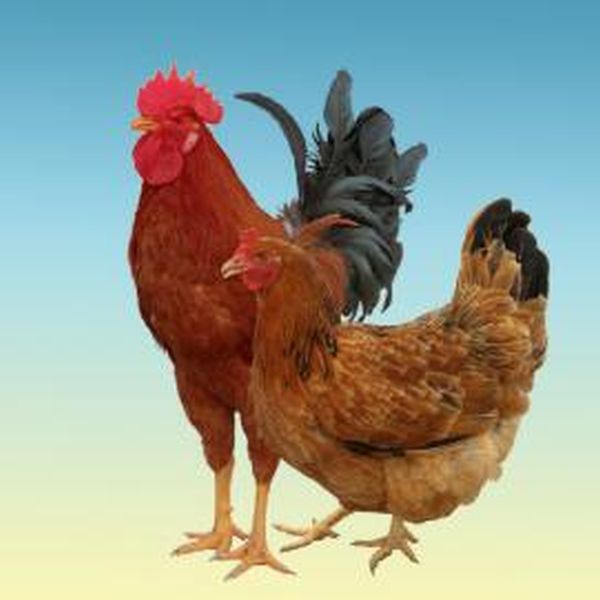Vitamin K3: feed additive raw material, which can mainly promote the synthesis of prothrombin in the liver of livestock and poultry, and promote the synthesis of plasma coagulation factors in the liver.
Vitamin K deficiency is rarely seen in adult chickens, sometimes in chicks and young chickens, and is often caused by a variety of factors. The main factors are:
1. The amount of vitamin K supplied in the feed is insufficient. According to the NRC standard, chickens are 0.5 mg / kg in all physiological stages; turkeys and quails are 1.0 mg / kg at 0-8 weeks of age and breeding period, and 0.8 mg / kg after 8 weeks of age; ducks, geese and The same for chicken. Although the intestines of poultry can synthesize a small amount of vitamin K, they are far from meeting their needs, especially when the production performance is increased, and their requirements are also increased. As well as newly hatched chicks, prothrombin is more than 40% lower than adult chickens. , May cause vitamin K deficiency.
2. Antagonistic substances in feed. In the modern intensive animal husbandry production, the supply of vitamin K is usually K3. K3 is artificially synthesized. It is a simple structure of menadione. Its biological potency is 3.3 times higher than that of K2 in nature. It is mainly related to this water-soluble compound. The high absorption rate is related. It is stable at normal temperature and easily damaged by exposure to sunlight. Especially when the mixed feed contains biscoumarin with a chemical structure similar to that of vitamin K, the competitive inhibition of enzymes prevents the utilization of vitamin K. Such as clogs poisoning, mycotoxin in some moldy feed can inhibit the role of vitamin K.
3. The effect of antibiotics and other pharmaceutical additives. Because antibiotics, sulfa or anticoccidial drugs are added to the feed, the intestinal microorganisms can inhibit the synthesis of vitamin K, which can cause vitamin K deficiency.
4. Intestinal and liver diseases affect vitamin K absorption. Poultry suffers from coccidiosis, diarrhea, liver disease, etc., which can cause malabsorption of the intestinal wall, or bile deficiency that impairs digestion and absorption of lipids, can reduce the absolute intake of vitamin K by poultry.
Vitamin K3, as an indispensable component in feed and feed addition, is an indispensable vitamin component in life activities. Vitamin K3 is involved in the synthesis of thrombin in the liver of animals and has a unique hemostatic effect. At the same time, vitamin K3 also prevents the weakness of livestock and poultry and the subcutaneous bleeding. Applying vitamin K3 before and after chicks have their beaks broken can reduce bleeding, accelerate wound healing, and accelerate growth.
Post time: Mar-16-2020

